Headphones
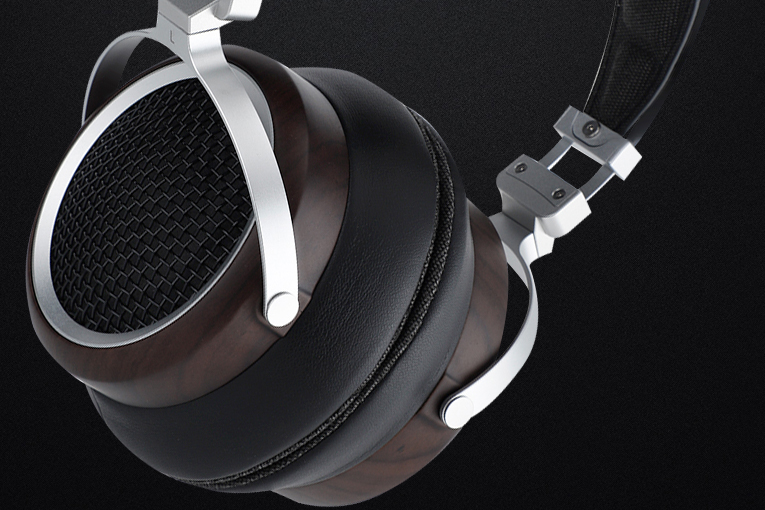
- Details
- Written by: Geoffrey Morrison
Sound: 









Value: 









(Read about our ratings)
My first thought when I opened the Sivga Luan box was, “Wow, these are gorgeous.” It has been a while since I’ve reviewed something so visually stunning. The Turtle Beach headphones from a few weeks ago were bland at best. The Yamaha headphones were unquestionably impressive, but their black-on-black design was intentionally rather subdued.
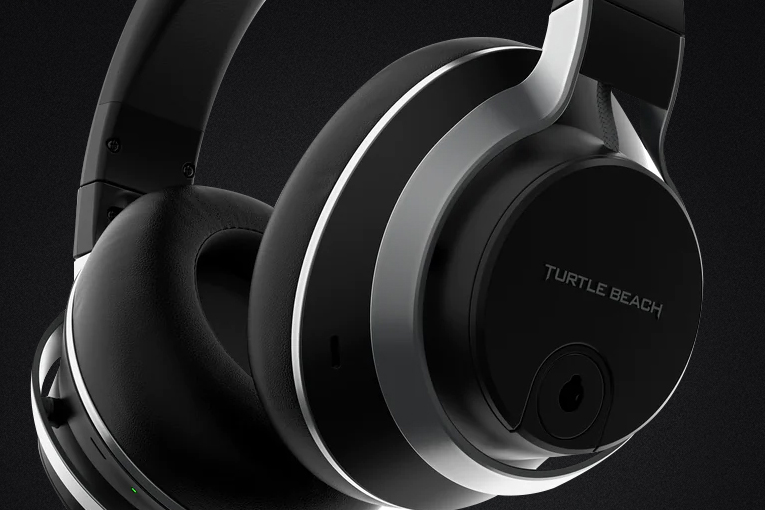
- Details
- Written by: Geoffrey Morrison
Sound: 









Value: 









(Read about our ratings)
And now for something completely different—well, at least for SoundStage! Solo. Not completely different. Mostly different. They’re still headphones, but they’re aimed at a different market than we normally cover. However, being Bluetooth and noise canceling, they’re not that far removed from what we normally test.
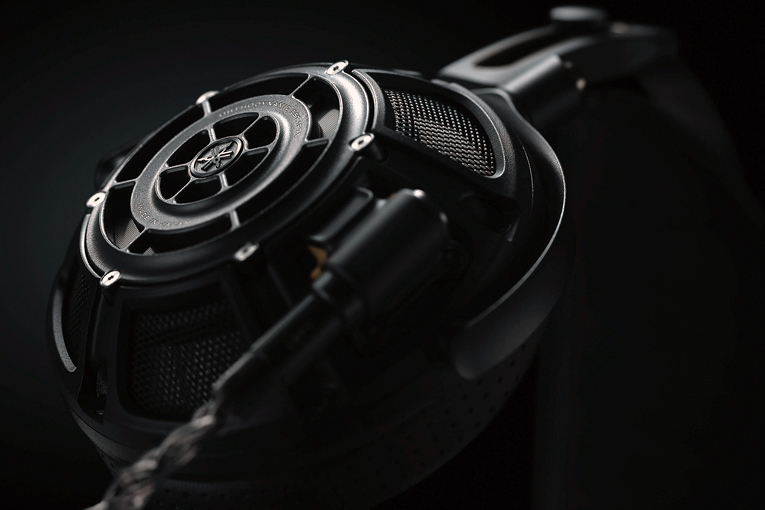
- Details
- Written by: Geoffrey Morrison
Sound: 









Value: 









(Read about our ratings)
 Most ultra-high-end headphones peacock some visual indications of their price. Whether it’s size, materials, or the overall design, they exude “expensive.” It’s certainly a choice, and an understandable one. The Yamaha YH-5000SE headphones are almost understated in comparison. They have a delightful, chunky, old-school look that, to the casual headphone fan, could be from 1976 or 1986 or just about any time, including now. No wood veneers, no fancy colors, just structural metal work, grilles, and a hint of yellow where the cables connect to the earcups. I like it. The design shows purpose, and if you know what you’re looking for, they telegraph their price in perhaps an even more impressive way than some other, more visually bombastic headphones.
Most ultra-high-end headphones peacock some visual indications of their price. Whether it’s size, materials, or the overall design, they exude “expensive.” It’s certainly a choice, and an understandable one. The Yamaha YH-5000SE headphones are almost understated in comparison. They have a delightful, chunky, old-school look that, to the casual headphone fan, could be from 1976 or 1986 or just about any time, including now. No wood veneers, no fancy colors, just structural metal work, grilles, and a hint of yellow where the cables connect to the earcups. I like it. The design shows purpose, and if you know what you’re looking for, they telegraph their price in perhaps an even more impressive way than some other, more visually bombastic headphones.
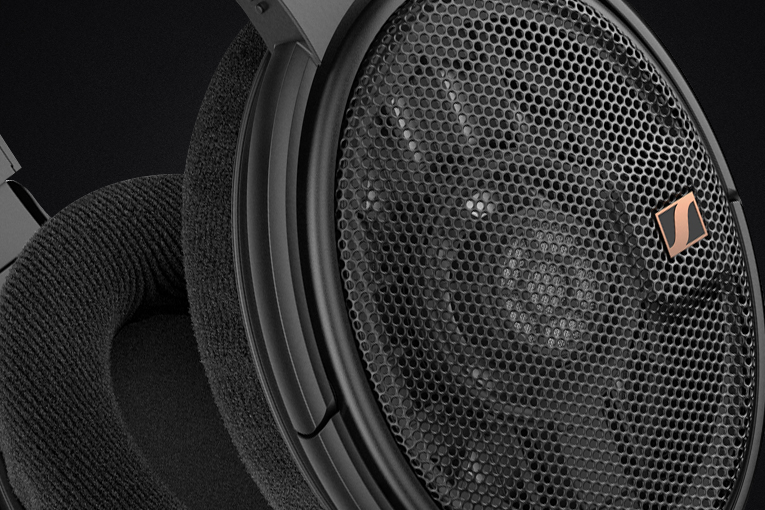
- Details
- Written by: Geoffrey Morrison
Sound: 









Value: 









(Read about our ratings)
There is something appealing about big headphones. I think it’s the visual rebuttal of the endless trend towards smaller. True wireless earphones, wafer-thin flatscreen TVs, minimalist noise-canceling over-ears that are practically skeletal—most mainstream electronics just strive to minimize.
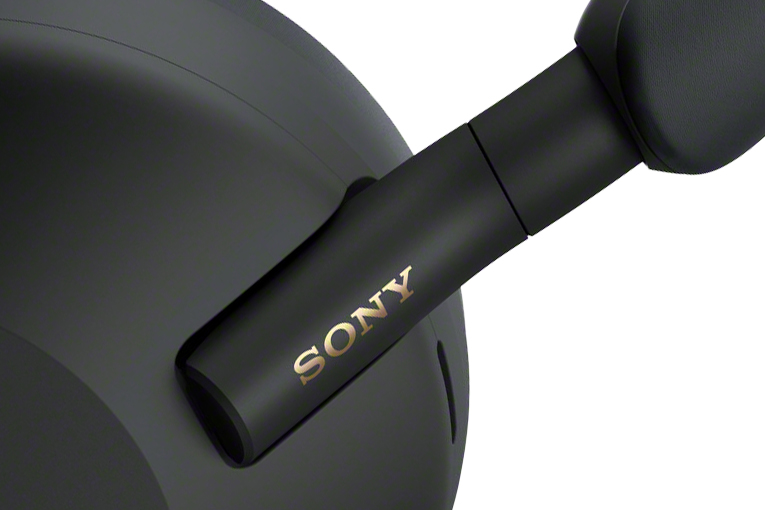
- Details
- Written by: Geoffrey Morrison
Sound: 









Value: 









(Read about our ratings)
I didn’t intend to write so much about Sony in such a short span. Ironically, this was the article I planned first. But then I bought an NW-A306 portable media player and wanted to write about that, so this review got bumped. After hearing the March 17, 2023, episode of the SoundStage! Audiophile Podcast, Doug Schneider suggested I write an article about the Sony MDR-7506 headphones. I agreed, and these ’phones got bumped again. So here we are.
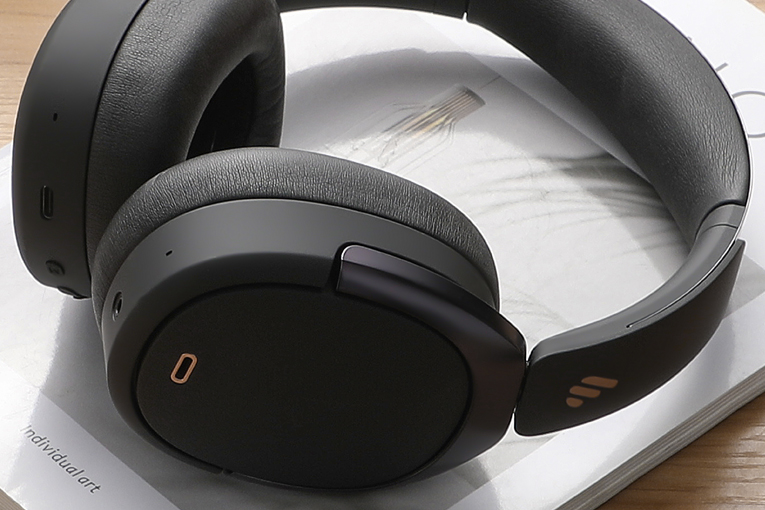
- Details
- Written by: Geoffrey Morrison
Sound: 









Value: 









(Read about our ratings)
One of the first sets of earphones I reviewed for SoundStage! Solo was the Edifier NeoBuds S. I was, and still am, a big fan. They nailed a sound profile I really liked, with some well-controlled bass, smooth treble, and a wide-open soundstage. So it’s no surprise that I was extremely curious about what Edifier could do with the additional real estate of a pair of full-sized over-ear headphones.
- Audeze LCD-5 Headphones
- Sennheiser Momentum 4 Wireless Headphones
- Focal Utopia 2022 Headphones
- Crosszone CZ-10 Headphones
- Sivga Oriole Headphones
- HiFiMan Sundara Closed-Back Headphones
- Focal Bathys Bluetooth Noise-Canceling Headphones
- Meze Audio 109 Pro Headphones
- Sivga SV023 Headphones
- Phiaton 900 Legacy Bluetooth Headphones
- Technics EAH-A800 Bluetooth Headphones
- Edifier Stax Spirit S3 Bluetooth Headphones
- HiFiMan Deva Pro Bluetooth Headphones
- V-Moda Crossfade 2 Wireless Rolling Stones Tattoo You Headphones
- HiFiMan Arya Stealth Magnet Version Headphones
- PSB M4U 8 MKII Bluetooth Noise-Canceling Headphones
- Monoprice Monolith M1570C Headphones
- Meze Audio Liric Headphones
- Grado RS2x Headphones
- Sendy Audio Apollo Headphones
- Mark Levinson N⁰ 5909 Bluetooth Noise-Canceling Headphones
- Soundcore Frames Bluetooth Glasses
- Monoprice Monolith AMT Headphones
- Apos Audio Caspian Headphones
- Beyerdynamic DT 900 Pro X Headphones
- Philips Fidelio L3 Bluetooth Noise-Canceling Headphones
- Austrian Audio Hi-X65 Headphones
- Sendy Audio Peacock Headphones
- Meze Audio Elite Headphones
- Focal Celestee Headphones
- Sivga P-II Headphones
- AKG K72 Headphones
- Soundcore Life Q35 Bluetooth Headphones
- DALI IO-4 Bluetooth Headphones
- HiFiMan HE400se Headphones
- Bowers & Wilkins PX7 Carbon Edition Bluetooth Headphones
- Yamaha YH-E700A Bluetooth Headphones
- Emotiva Airmotiv GR1 Headphones
- Master & Dynamic MH40 Bluetooth Headphones
- Calyx H Headphones
- Beyerdynamic T1 (3rd Generation) Headphones
- Ultrasone Performance 880 Headphones and Sirius Bluetooth Adapter
- Dan Clark Audio Æon RT Closed Headphones
- Philips Fidelio X3 Headphones
- Beyerdynamic T5 (3rd Generation) Headphones
- HEDD Audio HEDDphone Headphones
- Beyerdynamic DT 770 Studio Headphones
- Focal Utopia Headphones
- AIAIAI TMA-2 HD Wireless Bluetooth Headphones
- HiFiMan Deva Bluetooth Headphones
- Atlantic Technology FS-HR280 Headphones
- Monoprice Monolith M1570 Headphones
- Dan Clark Audio Æon Flow 2 Closed Headphones
- Andover Audio PM-50 Headphones
- Marshall Monitor II A.N.C. Bluetooth Headphones
- Drop + THX Panda Bluetooth Headphones
- DALI IO-6 Bluetooth Noise-Canceling Headphones
- Monoprice Monolith M570 Headphones
- Audeze LCD-1 Headphones
- AKG K371 Headphones
- Beyerdynamic Lagoon ANC Bluetooth Headphones
- Zvox Audio AV50 Bluetooth Noise-Canceling Headphones
- HiFiMan Jade II Headphones and Amplifier
- MEE Audio Matrix Cinema ANC Bluetooth Headphones
- Status Audio BT One Bluetooth Headphones
- Meze Audio Empyrean Headphones
- Denon AH-D7200 Headphones
- Cleer Next Headphones
- Focal Stellia Headphones
- KLH Ultimate One Headphones
- Quad ERA-1 Headphones
- HiFiMan HE6se Headphones
- Fostex T60RP Headphones
- Audeze LCD2 Closed-Back Headphones
- Fostex TH909 Headphones
- Tribit Audio XFree Tune Bluetooth Headphones
- HiFiMan Ananda Headphones
- Focal Elegia Headphones
- Base Audio G12 Headphones
- Monoprice Monolith M650 Headphones
- NAD Viso HP70 Bluetooth Noise-Canceling Headphones
- Audio-Technica ATH-ANC700BT Bluetooth Noise-Canceling Headphones
- B&O Play Beoplay H9i Bluetooth Noise-Canceling Headphones
- Audio-Technica ATH-ADX5000 Headphones
- Marshall Mid A.N.C. Bluetooth Headphones
- Beyerdynamic Aventho Wireless Bluetooth Headphones
- PSB M4U 8 Bluetooth Noise-Canceling Headphones
- Bowers & Wilkins PX Bluetooth Noise-Canceling Headphones
- Klipsch Heritage HP-3 Headphones
- Focal Clear Headphones
- AKG N60 NC Wireless Bluetooth Noise-Canceling Headphones
- Acoustic Research AR-H1 Headphones
- Music Everywhere: Audio-Technica ATH-DSR9BT Bluetooth Headphones
- Sony WH-1000XM2 Wireless Noise-Canceling Headphones
- Sennheiser HD 4.50 BTNC Headphones
- Music Everywhere: Audio-Technica ATH-SR6BTBK Bluetooth Headphones
- JBL E55BT Quincy Edition Headphones
- Music Everywhere: JBL Everest Elite 750NC Wireless Headphones
- Tidal Force Wave 5 Headphones
- Monoprice M1060 Headphones
- HiFiMan Susvara Headphones
- Audio-Technica ATH-DSR7BT Bluetooth Headphones
- Libratone Q Adapt On-Ear Headphones
- Music Everywhere: Koss BT539ik Bluetooth Headphones
- Bowers & Wilkins P9 Signature Headphones
- Blue Ella Headphones
- Beyerdynamic Amiron Home Headphones
- Music Everywhere: Altec Lansing MZX300 Bluetooth Headphones
- Music Everywhere: Koss UR42i Headphones
- HiFiMan HE1000 V2 Headphones
- Final Sonorous III Headphones
- Beyerdynamic T 5 p Headphones
- Audeze Sine Headphones
- Sennheiser HD 630VB Headphones
- Music Everywhere: Audio-Technica ATH-SR5BT Bluetooth Headphones
- AKG N60 NC Headphones
- Music Everywhere: Sennheiser Momentum Wireless Bluetooth Headphones
- Sennheiser HD 800 S Headphones
- Music Everywhere: Audio-Technica ATH-WS99BT Solid Bass Bluetooth Headphones
- RBH Sound HP-2 Headphones
- Pryma 0|1 Headphones
- HiFiMan Edition X Headphones
- JBL Everest Elite 700 Headphones
- Music Everywhere: Audio-Technica ATH-S700BT SonicFuel Bluetooth Headphones
- Definitive Technology Symphony 1 Headphones
- NAD Viso HP30 Headphones
- HiFiMan HE1000 Headphones
- Music Everywhere: Outdoor Tech. Tuis Bluetooth Headphones
- AudioQuest NightHawk Headphones
- Music Everywhere: Koss BT540i Bluetooth Headphones
- Bowers & Wilkins P5 Series 2 Headphones
- Music Everywhere: Audio-Technica ATH-MSR7 Headphones
- Oppo Digital PM-3 Headphones
- Torque Audio t402v Headphones
- Music Everywhere: Polk Audio Hinge Wireless Bluetooth Headphones
- Music Everywhere: Monoprice 10585 Bluetooth Headphones
- Oppo Digital PM-2 Headphones
- Music Everywhere: Jam Transit Bluetooth Headphones
SoundStage! Solo is part of
All contents available on this website are copyrighted by SoundStage!® and Schneider Publishing Inc., unless otherwise noted. All rights reserved.
This site was designed by Karen Fanas and the SoundStage! team.
To contact us, please e-mail info@soundstagenetwork.com




